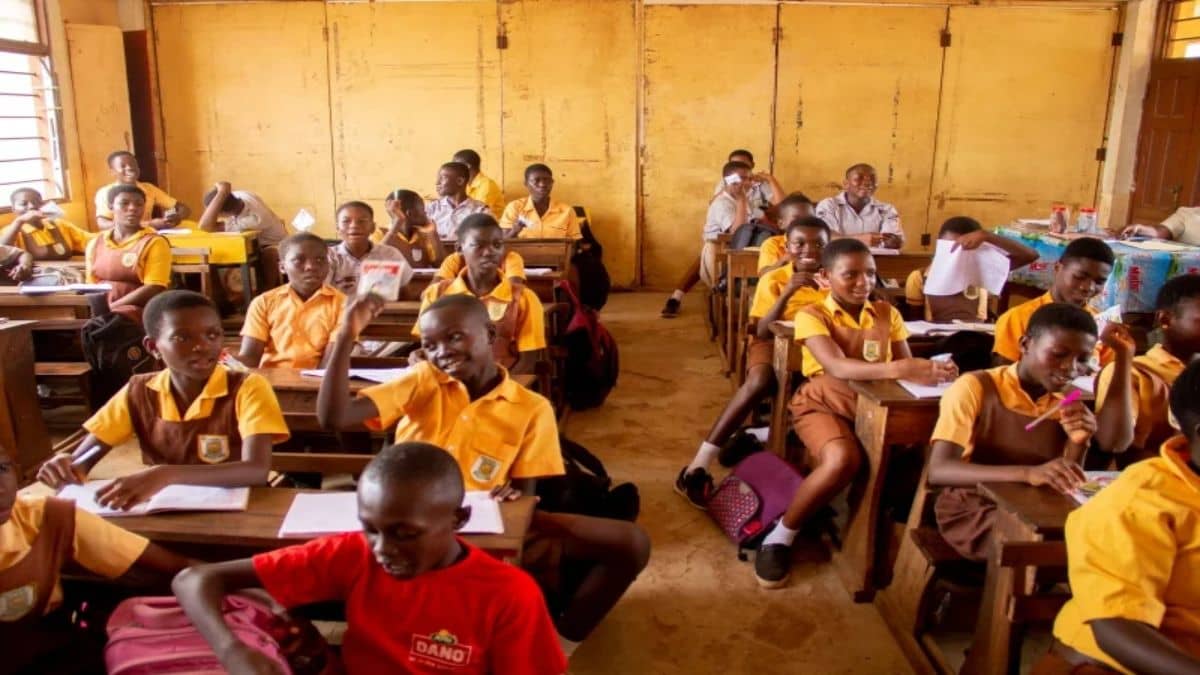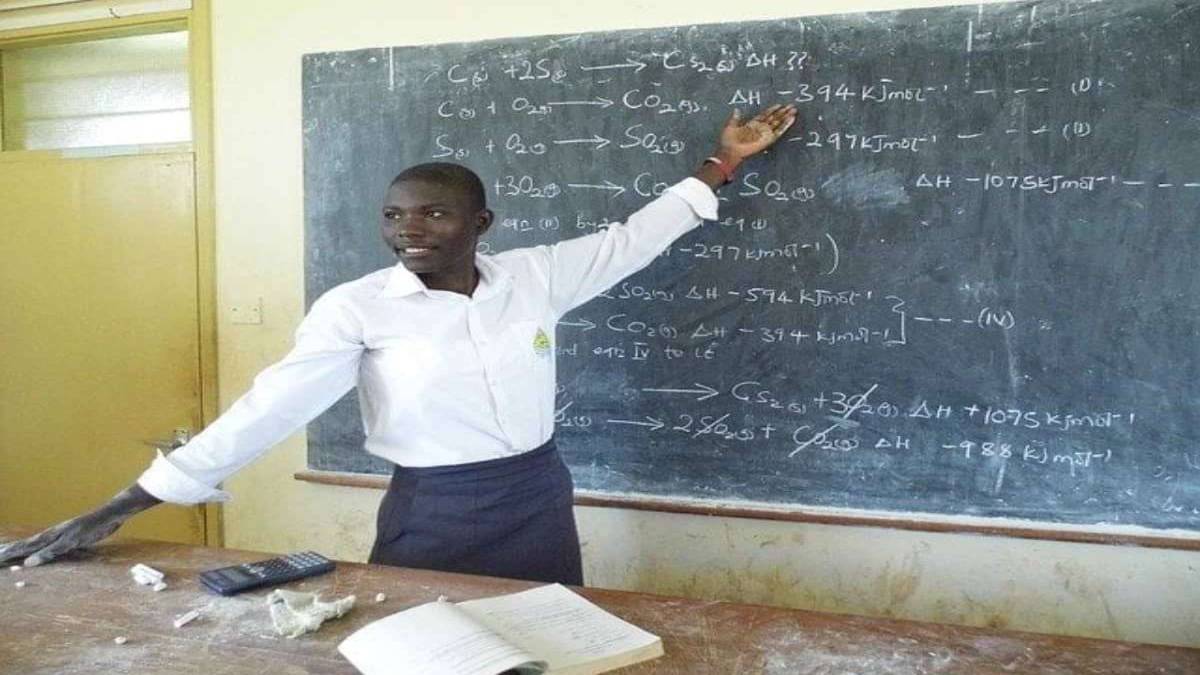2025 SHS placement most challenging placement ever – EduWatch

The Africa Education Watch (EduWatch), in its rapid 2025 preliminary second-cycle school placement analysis, has described this year’s ongoing Senior High School (SHS) placement of the 2025 Basic Education Certificate Examination (BECE) students as the largest and most challenging placement year.
It, however, says the 2025 second-cycle school placement underscores the need for systemic scaling of access opportunities to keep automatic placement rates rising as candidate volumes and choices grow.
In a social media post sighted by Pretertiary.com, EduWatch said its 2025 preliminary secondary school placement cycle data reflects both continued growth in candidate numbers and signs of capacity pressure in Ghana’s placement system.
On this year’s Basic Education Certificate Examination (BECE) candidature, EduWatch said the total candidates that sat for the BECE increased to 603,328, the highest in the four-year period, up 7.1 % from 2024.
According to the Education Watch, the 2025 figure rebound after the 2024 dip suggests a larger Junior High School graduating cohort or more second-year Junior High School (JHS) students sitting for the BECE.”
While a high number of candidates, 590,309, representing 97.8 % qualified for the 2025 second-cycle school placement, Africa Education Watch (EduWatch) said the qualification rate was slightly weaker.
“The number qualified for placement was 590,309 (97.8 %), nearly universal but still below the 98.4 % peak of 2022. The marginal drop points to persistent gaps in exam readiness despite overall system stability,” it said.
EduWatch also pointed out that this year’s second-cycle school placement recorded high disqualification, saying disqualified candidates were 13,019, representing 2.2 %, matching the 2023 high of 2.2%, and a clear rise from 2024’s 1.8 %.
The Education think tank (EduWatch) attributed the high school placement disqualification rate to stricter examination malpractice detection and weak performance in Mathematics and English Language.
“Higher disqualification rates highlight the importance of continued vigilance on examination integrity and improvement in candidates’ exam preparation, especially in the core subjects,” it said in the post.
It added “Automatic-placed candidates 483,800 (80.2 %) remained within the two-year average (2023,24). Although higher than 2022’s 68.1 %, it is slightly below 2023’s 81.56 % and 2024’s 80.9 %.
About one-fifth of qualified students (i.e., roughly 106,500) still need manual placement, showing that system capacity or choice patterns have not fully kept pace with candidate growth and choice.”
A total of 590,309 BECE candidates this year qualified for second-cycle school (SHS/TVET) placement. Out of this, 483,800 were placed automatically, while 107,000 secured schools through self-placement.
According to the Ministry of Education, of the 483,800 BECE graduates who secured automatic second-cycle school placement, 234,783, representing 48.6% were boys, and 248,038, representing 51.4% were girls.
It indicated that 82 per cent (82%) of qualified students who sat for the 2025 edition of the Basic Education Certificate Examination (BECE) have been placed in their first-choice second-cycle schools.
This year, a total of 603,328 candidates, comprising 297,250 males and 306,078 females, from nineteen thousand, five hundred and five (19,505) Junior High Schools (JHSs) entered for the school examination.
This includes seventy-two (72 ) candidates with visual impairment, two hundred and thirty-nine (239) with hearing impairment, and one hundred and sixty-one (161) candidates with other test accommodation needs.
The examination was conducted at two thousand, two hundred and thirty-seven (2,237 ) centres across the country. Out of the total number, two thousand, five hundred and twenty-six (2,526) candidates were absent.
The BECE for Private Candidates recorded a total entry figure of one thousand, three hundred and ninety (1,661) candidates. This was made up of eight hundred and fifty-eight (858) males and eight hundred and three (803 ) females.
Fifteen (15) centres, mostly in the regional capitals, were used for the BECE for Private Candidates. Out of the total number of candidates who entered for the examination, fifty-seven (57) were absent.



